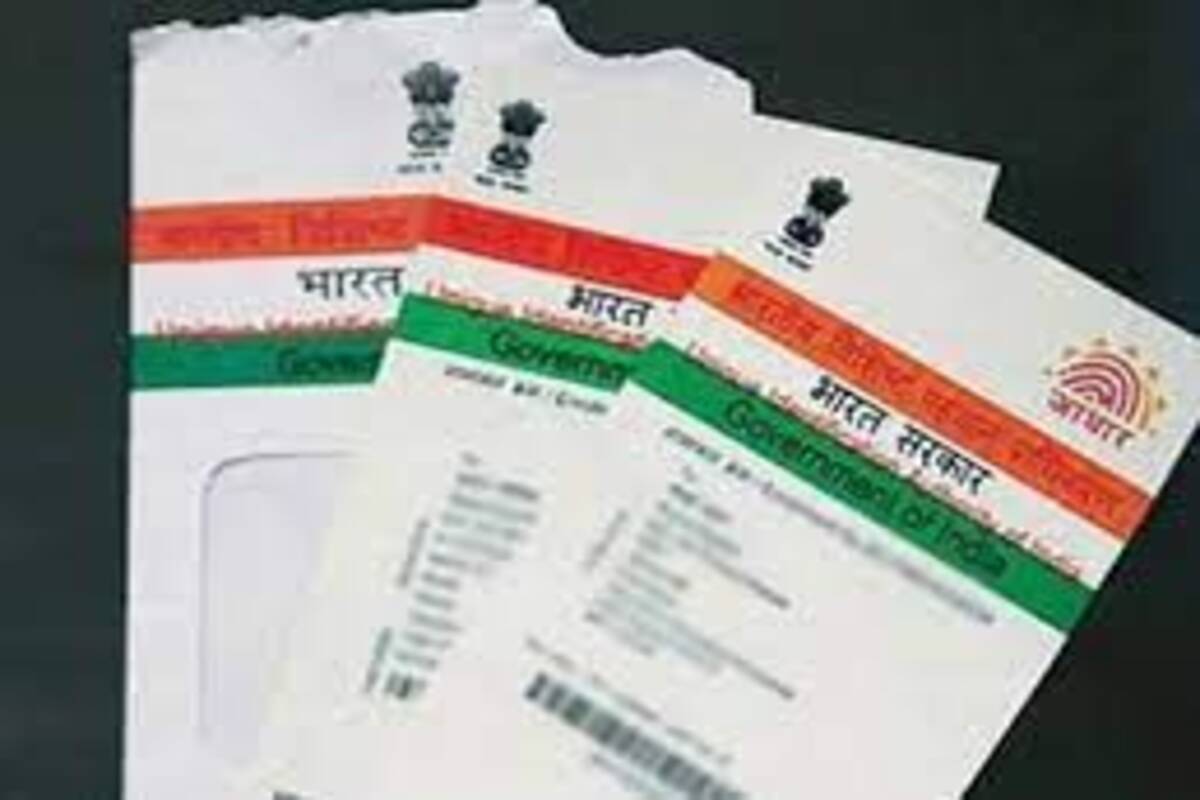The Supreme Court, which on Friday issued notices to the Union Government and the Unique Identification Authority of India (UIADI) on a plea that sought directions that the Aadhaar card not be made mandatory for Covid-19 vaccination, would do well to go deeper into the matter. For while the apex court quite correctly asked the petitioner if he had even checked the Co-Win site – which accepts several government-issued identification documents to avail vaccinations – before filing his petition, the fact is that several Government bodies and banks continue to insist on an Aadhaar card as a prerequisite for service. It was when the petitioner submitted to the court that vaccination centres were insisting on an Aadhaar card, to the exclusion of other documents that establish identity, that the court issued notice.
The website of UIADI, under a webpage called “Aadhaar myth busters” states quite explicitly, for instance, that an Aadhaar card is not mandatory for getting a mobile SIM. While it goes on to say that telecom users can (not must) use their Aadhaar number as a KYC document, and advises such use for the “security of our country”, the fact is that no mobile services operator will provide a new connection to an applicant in the absence of this document. Similarly,
Advertisement
UIADI makes it abundantly clear that it is not necessary to link a bank account with an Aadhaar number, except when the account holder wishes to receive a benefit or a subsidy under notified schemes. In truth, though, banks insist on getting an account-holder’s Aadhaar number during the periodic KYC exercises they conduct and warn of all manner of discomfiture if this is not done. Rare is the bank manager who will open a new account without being supplied with an Aadhaar number of a customer, notwithstanding protestations that no subsidy or facility is or will be sought. For obtaining a new water connection in the national capital, the Delhi Jal Board follows a cumbersome and somewhat contradictory procedure. This entails an application being made online using any Government issued identity document. Thereafter, in a procedure which essentially negates the online application, the applicant must print out the application submitted online and submit it physically at an office of the Board. At this stage, officials insist on production of an Aadhaar card besides, of course, placing additional conditions that ensure the transparency of the online process is rendered entirely opaque and therefore prone to manipulation.
Thus, while the matter before the Supreme Court is restricted to vaccination without a Aadhaar card, a wider inquiry will reveal that the court’s judgment of September 2018 upholding the validity of the scheme while recording that enrolment was voluntary has been flouted serially by departments of both the Union government and state governments and, indeed, by bodies corporate whose actions in seeking Aadhaar documentation was quite specifically deemed unconstitutional. For the fact is that while one version of the Aadhaar story is offered by officialdom and UIDAI, on ground it is quite another that the citizen hears.









